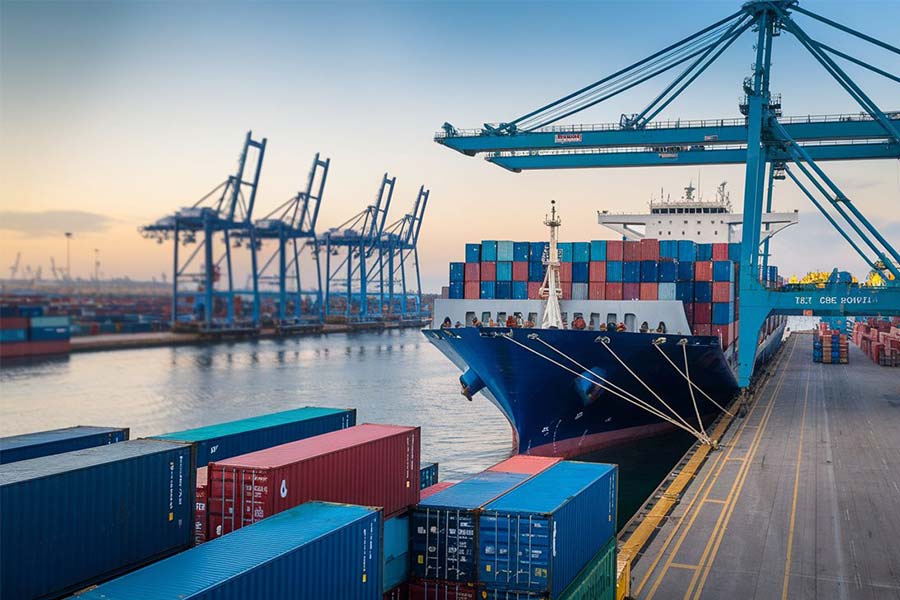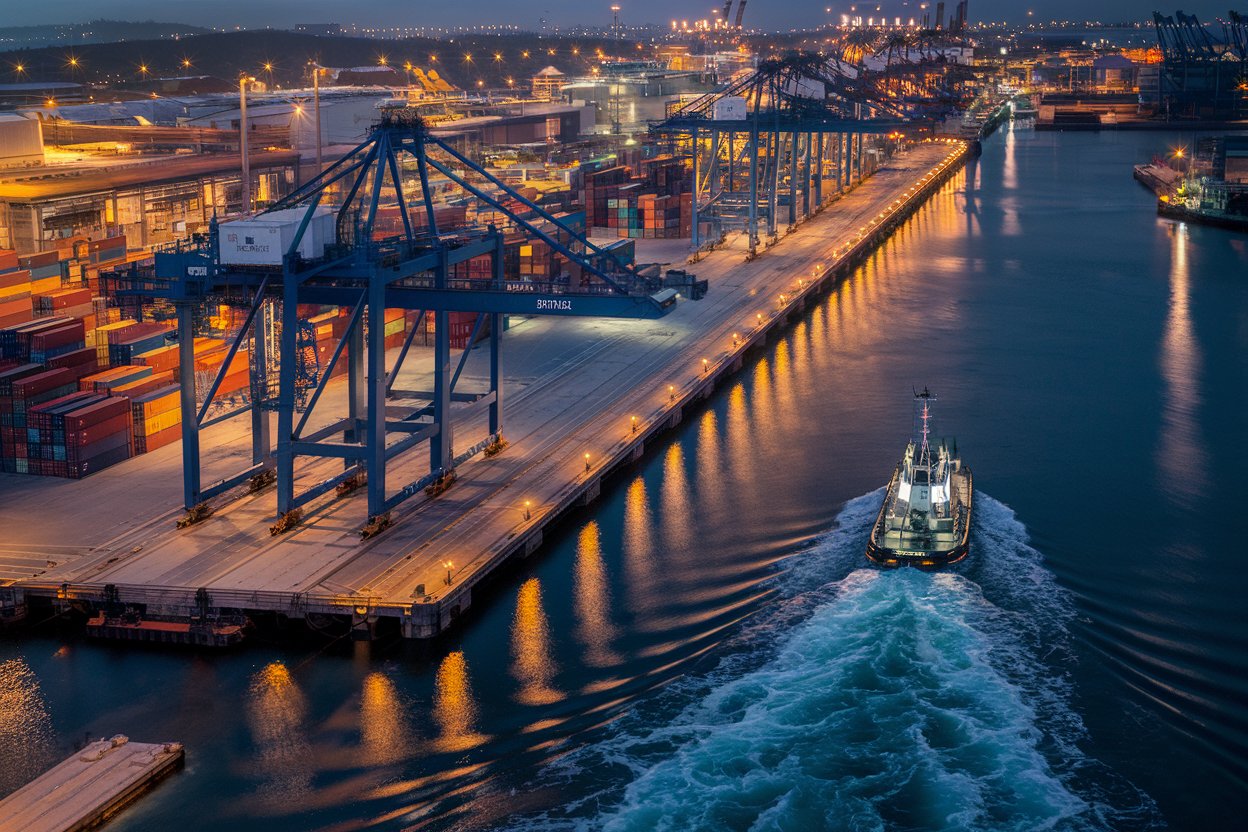- Shanghai Zhongshen International Trade Co., Ltd. - Two decades of trade agency expertise.
- Service Hotline: 139 1787 2118

Contents
TogglePetrochemicalEquipment ImportsFamiliarity with the contract specifications of the Uniform Commercial Code (UCC) of the United States
As a representative of technology-intensive industries, the import of petrochemical equipment involves three major characteristics: high value (single-unit equipment often exceeds tens of millions of dollars), complex technical parameters (pressure vessel parameter errors must be controlled within 0.02%), and stringent regulations (requiring simultaneous compliance with both ASME and GB150 standards). The latest revised "Special Equipment Import Management Measures" for 2025 stipulate that pressure vessel products must provide the following documents during customs clearance:Original Welding Procedure Qualification Record, this givesImport RepresentationIt presents new challenges to the services.
Complete Breakdown of Import Procedures (Taking the Catalytic Cracking Unit as an Example)
- Preliminary technical alignment phase
- Compliance Review of Equipment Parameters (must comply with GB/T 30579-2025 standard)
- Pre-application for import license (to be prepared 120 working days in advance)
- Logistics execution stage
- Development of Special Transportation Plans (Oversized Components Require Application for Temporary Road Access Permits)
- Application of Port Intelligent Dispatching System (Reducing 3-5 Days of Port Stay Time)
- Customs clearance verification stage
- Registration Form for Import of Electromechanical Products (New QR Code Anti-Counterfeiting Label Added in 2025)
- Safety Performance Verification of Pressure Vessels (On-site Non-destructive Testing Ratio Increased to 15%)
Screening Matrix for High-Quality Agency Companies
Based on statistical analysis of 30 successful cases, high-quality proxy service providers should possess the following characteristics:
- Qualification level:Holding both AA-class customs declaration qualification and hazardous materials transportation permit simultaneously
- Technical level: Equipped with ASME-certified engineers and welding process specialists
- Service Level: Provide a fully visual tracking system (device positioning error ≤50 meters)
- Emergency level: Establish a rapid response mechanism for customs disputes (complete the preparation of appeal materials within 48 hours)
Pricing Model for Agency Service Fees in 2025
Current market adoptionTiered composite billing model:
- Basic service fee: 0.8%-1.2% of the cargo value (with a threshold of $5 million)
- Technical Processing Fee: Charged based on the number of device modules (USD 200-800 per functional module).
- Risk deposit: 3%-5% of the cargo value (may be reduced for enterprises with Class A customs credit rating)
Typical Dispute Resolution Records
In a case involving the import of an ethylene compressor in March 2025, the agency company facilitated...a three - step response methodResolving the Documentation Crisis:
- Complete the alternative certification for missing documents within 72 hours.
- Utilize the Customs Classification Advance Ruling System to Avoid Tariff Disputes
- Implement the bonded warehouse temporary storage plan to control port demurrage losses.
When selecting import agency services, it is advisable for enterprises to focus on evaluating the service provider'sTechnical analysis capabilityandCustoms Emergency Response SystemProfessional agency companies can reduce equipment delivery lead times by over 20% and lower compliance costs by 35%, truly serving as guardians for enterprises expanding their international supply chains.
Related Recommendations
? 2025. All Rights Reserved. Shanghai ICP No. 2023007705-2  PSB Record: Shanghai No.31011502009912
PSB Record: Shanghai No.31011502009912










